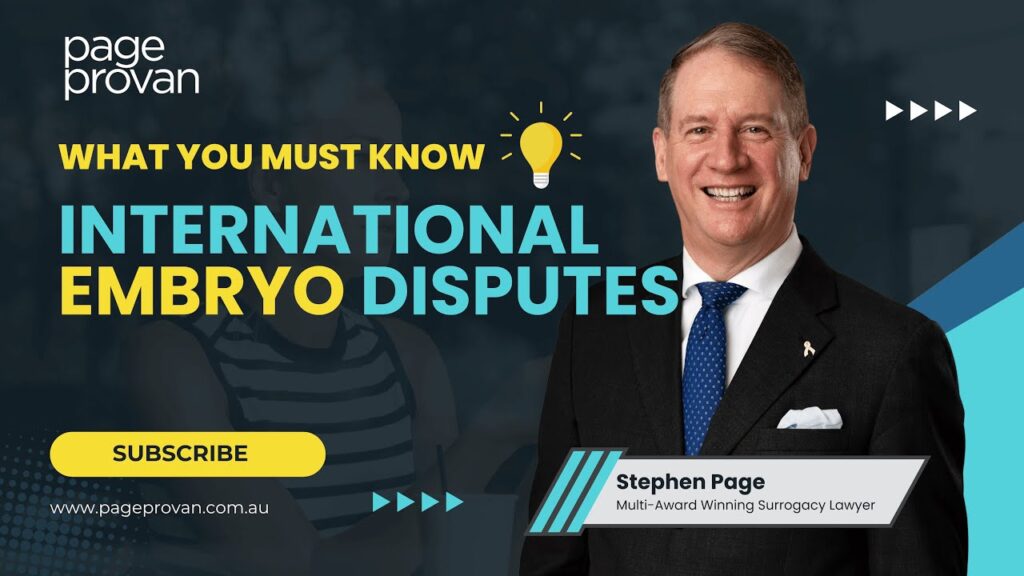CLEARER GUIDANCE FOR COURTS ON RELOCATION CASES
The Commonwealth Government has committed to insert provisions within the Family Law Act to provide courts with greater clarity on how to deal with relocation issues arising out of custody arrangements.
This commitment is made in the Government’s response to the Family Law Council’s Report to the Attorney-General on Relocation. The response was tabled in Parliament.
Attorney-General Philip Ruddock said currently there is no specific guidance in the Act for relocation orders or arrangements. The new legislative provisions will make it easier for litigants to understand the child-focused principles that apply to relocation cases.
Specifically the provisions will ensure that courts consider: alternatives to the proposed relocation; whether it is reasonable and practicable for a person opposing a relocation to move closer to the child if the relocation were permitted; and whether the person who is opposing the relocation could assume primary caring responsibility should the person relocating choose to do so without taking the child.
Courts will then be obliged to reframe parenting orders in the light of the child’s best interests, considering factors such as whether relocation would interfere with the child’s ability to form a relationship with both parents.
Mr Ruddock said the Australian Government is paying close attention to court outcomes to see whether, with or without these amendments, courts are putting children’s interests at the centre of their decision making on relocation cases.
“The Shared Parental Responsibility Act 2006 was meant to ensure better outcomes for children and both parents,” Mr Ruddock said.
“Today’s commitment is a step to clarify that aim. However as I have always said if there is concern the legislation does not achieve the aims it intended we may need to consider further legislation.”
“It is critical the family law system provides a clear, consistent approach to resolving family law relocation disputes, and acknowledges that the best interests of children are the central issue.”
The Family Law Council report is in response to the House of Representatives Standing Committee on Legal and Constitutional Affairs report on the Exposure Draft of the Family Law Amendment (Shared Parental Responsibility) Bill in 2005. The Family Law Council is a statutory body which advises the Attorney-General on a range of family law issues.
Source: Ministerial Media Release












